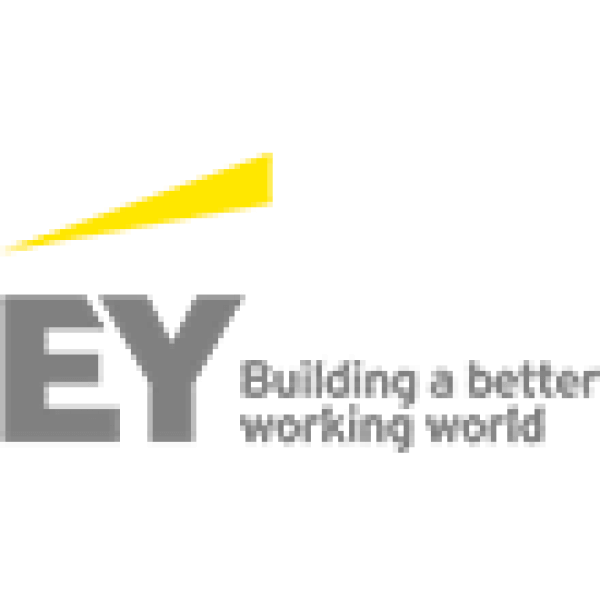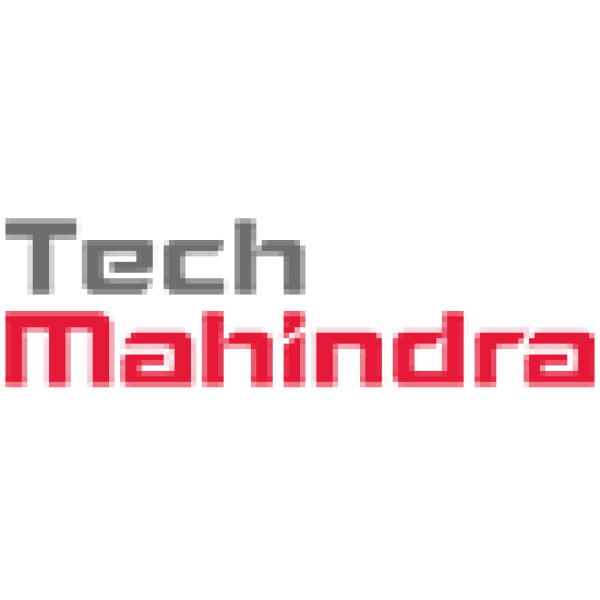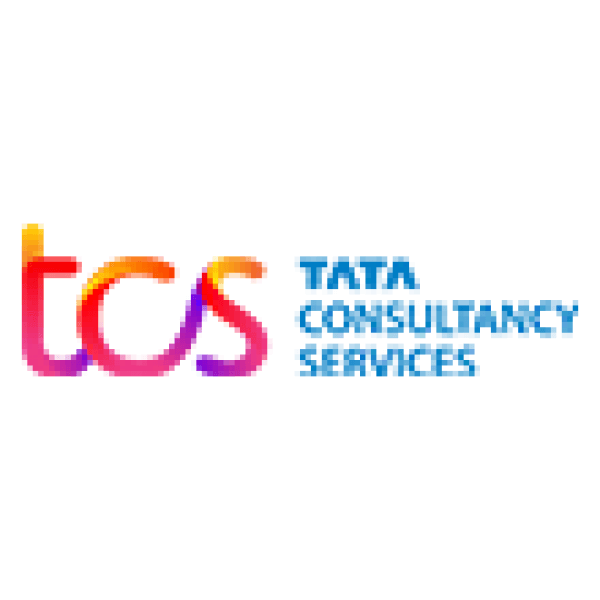Database Management Systems Training
Internstech programme will teach you how to use DBMS effectively. Learn how to manipulate the data itself, including the data format, field names, record structure, and file structure, as well as how to define rules to validate and manipulate the data. Get the industry experience you need to become a DBMS expert.
WHY LEARN FROM INTERNS TECH?
Training lessons in real time
Outstanding Teachers
Internship Experience
Industry Oriented Projects
LMS Access
Professional Certifications
OVERVIEW OF THE PROGRAM
Today, databases serve as the foundation for all major applications. Relational and other models-based structured database management systems (DBMS) have long served as the foundation for such databases. A database management system (DBMS) generally manipulates the data itself, as well as the data format, field names, record structure, and file structure. It also defines the rules for validating and manipulating the data.
Proper database management systems improve organisational data accessibility, allowing end users to share data more quickly and effectively across the organisation. A management system aids in the rapid resolution of database queries, making data access faster and more accurate.
A career in database management may be a good fit if you enjoy technology, software, and organisation. In India, the average DBMS salary is around Rs. 5 lac per year. Their annual salary ranges from nearly three lakh rupees to fifteen lakh rupees. It's one of the most sought-after positions, and database administrators are in high demand throughout the country.
At Internstech, we prioritise providing our interns with the practical skills they need to thrive. However, this does not imply that the subject's theory is exempt from our course. We will show you the theoretical concepts and practical skills you will need to thrive. We will also provide you with hands-on experience from our top associated mentors who are well-known in their areas.
WHY LEARN FROM INTERNSTECH?
- What are database management systems?
- What is the importance of DBMS?
- Functions of DBMS
- Types of DBMS
- What are DBMS languages?
- Data definition language (DDL)
- Data manipulation language (DML)
- Data control language (DCL)
- Transaction control language (TCL)
- What is DBMS architecture?
- Classification & types of DBMS architecture
- What is entity-relationship?
- ER & DBMS
- ER diagram
- What is a relational model?
- Relational Model Concepts
- Relational integrity constraints
- Operations in relational model
- Popular relational models
- Best practices for creating a relational model
- Advantages of using relational model
- Disadvantages of using relational model
- Projection
- Selection
- Union
- Set Difference
- Rename
- Cross Product
- Natural Join
- Conditional Join
- Introduction to SQL
- Joining data in SQL
- Functions & stored procedures
- Exploratory data analysis in SQL
- Regional databases
- Data driven decision making
- Applying SQL to real world problem
- Introduction to internet databases
- MySQL
- What is normalization?
- First normal form
- Second normal form
- Third normal form
- Boyce-Codd Normal Form (BCNF)
- Lock-based protocols
- Types of lock-based protocols
- Timestamp-based protocols
- Timestamp ordering protocol
- Thomas' Write Rule
PROJECTS
E-Commerce Platform
Inventory Management
Railway System
College Data Management
Library Data Management
Solution for Saving Student Records
PRICING PLAN
SELF PACED
₹ 4000
- RECORDED LECTURES
- REAL TIME PROJECTS
- 4+ HRS OF LIVE SESSIONS
- ONE ON ONE DOUBT SESSIONS
- CERTIFICATIONS
- MENTOR SUPPORT
- PLACEMENT GUIDANCE
- INTERVIEW ASSISTANCE
MENTOR LED
₹ 6000
- RECORDED LECTURES
- REAL TIME PROJECTS
- 16+ HRS OF LIVE SESSIONS
- ONE ON ONE DOUBT SESSIONS
- CERTIFICATIONS
- MENTOR SUPPORT
- PLACEMENT GUIDANCE
- INTERVIEW ASSISTANCE
OUR CERTIFICATION




What Our Clients Say




Our Alumni Work At
Our alumni are already starting to make waves in their industries. Our former students are already working in high-profile industries and are shaping our futures.
















Frequently Asked Questions
Early attempts to computerise the manual filing system were referred to as traditional filing systems. File-based systems typically use storage devices such as a CD-ROM or hard disc to store and organise computer files and data for ease of access.
A relational database management system (RDBMS) is a collection of programmes and capabilities that allow a user to create, update, and administer a relational database, which is distinguished by the organisation of data into logically independent tables.
Internstech offers placement assistance to all advanced course pupils. Students who excel during their internships in our self-paced and mentor-led classes will also receive placement assistance.
Our self-paced and mentor-led courses both last two months. Our advanced courses are three months long.
Yes, Internstech provides internship opportunities to all of our students across all of our courses.
Yes, you can reserve your spot by paying 1000 INR as a pre-registration fee, and the remaining amount can be paid later before the programme begins.

